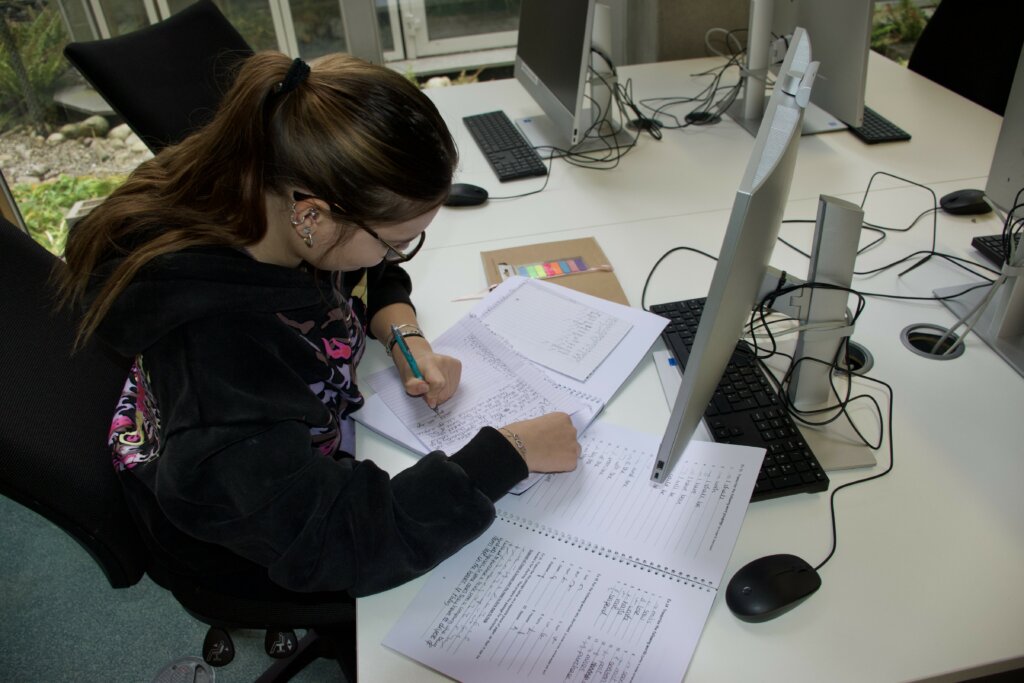One woman with a project to combat racism and Islamophobia
Written by Grace Genevieve Stewart-Piercy on 14th October 2024
Since the surge in racist and Islamophobic riots over the summer, many residents in the North East have reported an increased sense of racial tension.
Members of BAME (Black, Asian, and Minority Ethnic) communities have noted that both overt and subtle forms of racism have become more pervasive in daily life and the workplace.
One person making a significant impact is Sahida Ditta. During the Covid-19 pandemic, she took action by organizing tailored food hampers for vulnerable BAME families. This initiative grew into the Amal Project, founded in Teesside, which addresses the needs of underrepresented BAME communities. The Amal Project is dedicated to promoting equality, diversity, and inclusion across the region.

Photograph taken from the Amal Project Facebook page
In the aftermath of the riots in the summer, Sahida helped organise the clean-up effort in Middlesbrough. Attending Post-Riot Recover meetings ran by Middlesbrough Council, Sahida is helping to restore and build new ties between communities. Giving hours of her time, for free, every week, to promote cohesion and inclusivity.
I spoke to Sahida about her experiences as well reflecting on other women’s experiences with racism, especially within the region.
“The negative perception of Muslim women pushed by our media in England is that they are submissive and controlled by men despite the teachings of Islam placing the rank of women highly within the faith and the need for women to be shown respect and dignity”, Sahida said.
Experiences of racist attacks on women have had an undertone of men exerting power over women that they deem as weak. Sahida, who has South Asian heritage, believes that the racism aimed at Muslim women, is heavily influenced by the media.

Wakefield, UK. 10 AUG, 2024. . Credit Milo Chandler/Alamy Live News
Sahida’s lived experience, and that of other women she knows, agreed with information reported by Sunderland University in a study. Experiencing racism when with a male is far less likely, I was informed, but much more likely if she is out on her own or even with another woman, such as her mother.
Sahida said: “It’s a very intimate thing. When considering the instances of hijabs being pulled away from women. It’s a ‘violation’, it’s a part of ourselves which some women choose to kept private, and, to violate that privacy is a very personal attack”, she explained. Women have shared their fears with Sahida, of it potentially happening to them.

Chris Whiteman / Alamy Stock Photo
Both men and women have stopped wearing cultural clothing or religious items so often, to appear more “British”, Sahida explained. But, despite being able to feel the differences in peoples’ perceptions of her when she wears cultural clothing, she continues to do so, and has even started wearing them more, out of defiance.
The community work which Sahida has done is expansive and shows no signs of slowing. The Amal Project is managed entirely by volunteers and run on donations. You can visit their Facebook Page here.
Details for donation:
Account Name:
Amal Project Teesside
Sort Code:
05-09-34
Account Number:
14652454







